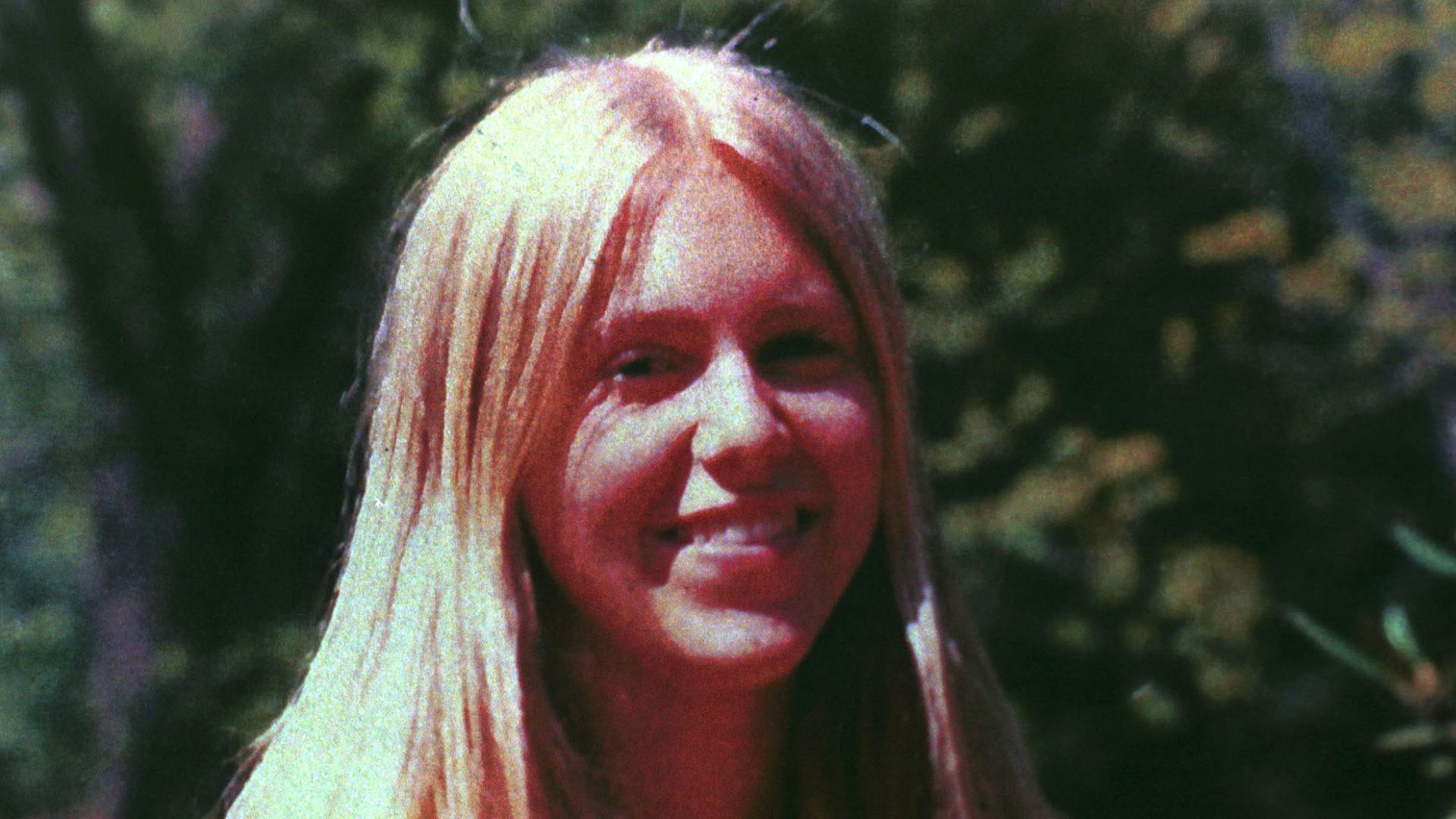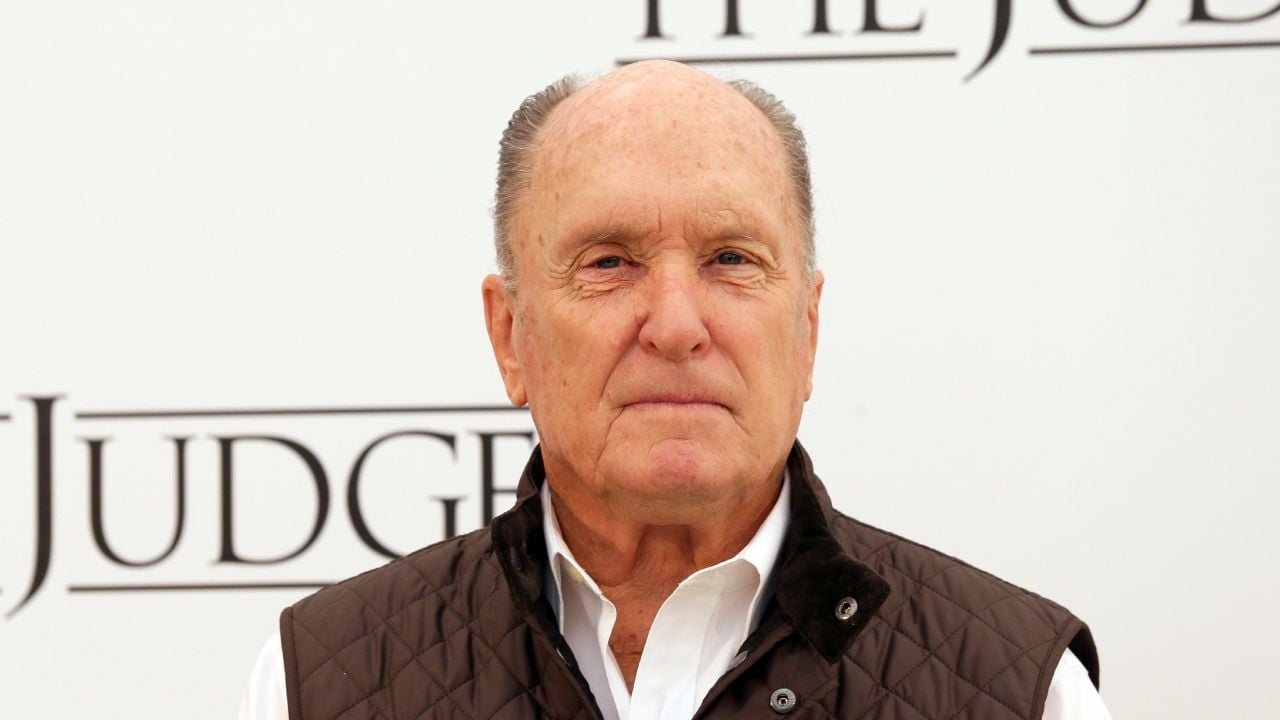The band exploded in the second half of the 1990s and sold an impressive number of records, but lived with several negative comments
The explosion of so-called post-grunge at the end of the 1990s meant that some bands in the segment received criticism for their work. Some of the most repudiated names were precisely the most successful: Creed, Nickelback, Puddle of Mudd, Bush and the like.
The commercial suitability of an initially alternative sound was the main negative comment made by a portion of rock fans and specialized critics. A supposed lack of originality also began to be cited by those who disliked such groups.
Nothing like time — and numbers — to “exonerate” the majority of these cases. Even with a relatively short career, Creed managed to sell more than 50 million records across the planet and, in recent times, revive interest around the band to the point of bringing it together for popular shows in 2023.
What do its members, now more experienced, think of the “hate” suffered at its height, at the turn of the century? The guitarist Mark Tremonti reflected on this point in an interview with Ultimate Guitar (via Blabbermouth).
Initially, the musician revealed that he treated negative reactions naturally. After all, no truly popular artist has unanimous approval.
“After a while, you kind of realize that if you want to be in a band that became as big as Creed, there are going to be people who love you and there are going to be people who hate you. Look at all the biggest bands in the world, especially the pop artists: whoever becomes a household name will have people hating them.”
Then, Tremonti gave a strong — and, for those seeking popularity, undeniable — response to this type of situation. He said:
“You have to accept the good and the bad. Would you rather sell millions of records and have people criticize you, or sell no records and have everyone love you?”

Interestingly, Mark believes he has experienced both sides of the coin. After the disbandment of Creed in 2004, he formed another band, Alter Bridgewith the same instrumentalists in addition to the vocalist Myles Kennedy in the vacancy that was Scott Stapp. The new project was critically acclaimed, rarely received negative comments, but did not repeat the success of the previous group. The musician says:
“I got to see both sides of this when we started Alter Bridge. When we started and released a few records, we got a lot of critical acclaim, but we weren’t selling the millions that Creed was. But I’m glad I got to experience it all. I wouldn’t be here if it weren’t for those early days of Creed.”
Scott Stapp, Creed and the media haters
The negative reaction to Creed has already been addressed by Scott Stapp in another interview, with Consequence. At the time, the vocalist presented a different reflection: according to him, the perception of a “hated band” is not proven as it is something heavily reinforced by the media, without validation in the eyes of millions of fans.
Initially, he demonstrated understanding of the initial criticism of the group’s sudden success. He said:
“I think part of the initial reaction to Creed it was just a consequence of it being something so big and fast. We had eight consecutive number one singles on the American charts. We were on all the radio stations. There was no way to get away from us. But [o ódio] it was created by a kind of critical and elite media, a kind of ‘cool guys club’, who liked bands that didn’t sell many records. So it was a narrative generated by this niche media and then propagandized to make people think that this was the voice of the people.”
Such a narrative, according to Scott, has not been proven. After all, the success continued.
“While this narrative was being spread, we were selling out several arena shows, winning diamond records and reaching stadium levels. Once this kind of thing gets to this point, there will always be something like this, but it doesn’t represent the people. And the Creed has always been a popular band. That’s what meant so much to us: the awards and the recognition that we got, that people chose, and that the numbers said, and that the concert tickets said. As someone watching from afar, that’s my perspective.”

Still, no one is made of iron. The members of Creed were upset by the negative protests against the band — especially because they were just a band.
“At the time, it took us by surprise. We don’t understand why we went from magazine covers that said ‘Creed is the savior of rock ‘n’ roll’ to suddenly become the band most hated by the media. Not by the public, by the media. Being so young, of course there was some frustration, anger, hurt. But where we are now, we understand that this is part of it. This also happens in professional sports. Mark [Tremonti, guitarrista] and I were doing an interview the other day, and he was talking about how this happened to [o jogador de basquete] LeBron James. He was the King Jamesnow he is hated. He’s one of the most hated players in the league, and it’s all because of how dominant and successful he is.”
At the end of the day, so many years later, public approval is what matters to Creed. Stapp concludes:
“All that matters to us are the fans. All that matters is harnessing the positivity and trying to deliver the best to the fans every night, focusing on the good and just letting everything else pass.”
Source: Rollingstone
Earl Johnson is a music writer at Gossipify, known for his in-depth analysis and unique perspective on the industry. A graduate of USC with a degree in Music, he brings years of experience and passion to his writing. He covers the latest releases and trends, always on the lookout for the next big thing in music.









